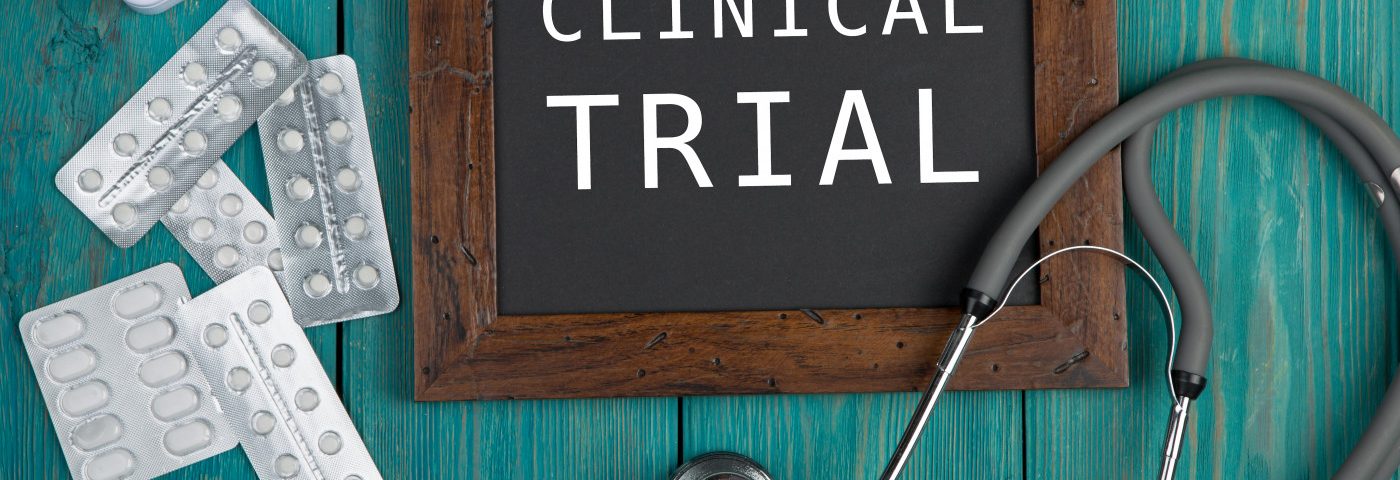ABX464, Abivax’s treatment candidate for ulcerative colitis (UC), continues to be safe and effective over time at keeping patients with moderate-to-severe UC in clinical remission, according to two-year data from a Phase 2a trial and its extension study.
“We are very excited about the two-year open label Phase 2a maintenance results, which provide further momentum for our clinical development efforts with ABX464 to address the high unmet medical need in UC,” Hartmut J. Ehrlich, MD, CEO of Abivax, said in a press release.
“These recent findings reinforce the potential of ABX464 as a well-tolerated and efficacious once-daily oral therapy for patients with moderate-to-severe ulcerative colitis,” he added.
ABX464 is an oral small molecule designed to promote the production of a microRNA, called miRNA-124, that has strong anti-inflammatory properties. MicroRNAs are tiny RNA molecules that control the expression, or activity, of several genes; RNA molecules are the templates that cells use to produce proteins.
The safety and efficacy of ABX464 were investigated in the Phase 2a ABX464-101 trial (NCT03093259) and its open-label extension study, called ABX464-102 (NCT03368118).
The original trial enrolled a total of 32 adults with moderate-to-severe UC, who were intolerant or failed to respond to treatment with immunomodulators, TNF inhibitors, Entyvio (vedolizumab), and/or corticosteroids.
In the Phase 2a trial, participants were randomly assigned to receive an oral capsule containing 50 mg of ABX464, or a placebo, once a day, for eight weeks. After completing this trial, patients were given the option to continue treatment with ABX464 in the open-label extension study.
From the initial 32 patients, 22 entered in the trial’s open-label extension, and 19 completed the first year of treatment (52 weeks). Earlier data from ABX464-102 showed that after one year of treatment with ABX464, 12 patients (75%) entered clinical remission and became symptom-free.
Now, Abivax has announced updated data from the 16 patients who completed two years of ABX464 treatment in the extension study.
According to the new data, 11 participants (69%) achieved clinical remission and 15 (94%) responded to treatment with ABX464 over the course of two years.
Moreover, nearly half (44%) of the patients who completed the second year of treatment in the extension study were in endoscopic remission, meaning they did not have any UC lesions in their colon or rectum (Mayo score of zero).
Additionally, during the second year of ABX464-102, the levels of fecal calprotectin — a biomarker of bowel inflammation — remained within a normal range (under 50 micrograms/g), at a median of 31.6 microgram/g.
Treatment was also found to be safe and well-tolerated, and did not cause serious side effects. None of the patients stopped treatment due to side effects during the second year of the extension study.
“The safety and durability of clinical efficacy after two years of continued treatment of UC patients, intolerant or refractory to existing treatments, are very promising,” said Séverine Vermeire, MD, PhD, head of the IBD Center at the University Hospitals Leuven, and principal investigator of the study. “Especially as the central and independent endoscopy readings after two years confirm the good one-year maintenance results.”
“We are very motivated to continue enrolling patients in the ongoing ABX464 Phase 2b induction and maintenance study and hope to be able to confirm the findings from the Phase 2a study,” she added.
Based on these promising findings, Abivax has launched a Phase 2b trial, called ABX464-103 (NCT03760003), to continue investigating the safety and effectiveness of ABX464 in up to 232 adults with moderate-to-severe UC.
With 159 (69%) patients already assigned to their treatment groups — one of three daily doses of ABX464 (25, 50, or 100 mg) or a placebo — Abivax remains on track to complete patient enrollment in ABX464-103 before the end of the year.
Recruitment is still underway in the U.S., Canada, and 15 European countries. More information can be found here. Top-line data from the study is expected in 2021.
After completing the trial, patients will have the option to enroll in an open-label extension study, called ABX464-104 (NCT04023396), to continue treatment with 50 mg of ABX464 daily for 48 weeks (approximately 11 months). From the 85 patients who already completed the 16-week ABX464-103 study, 84 have enrolled in its open-label extension study.
Meanwhile, the company is making preparations to test ABX464 in future Phase 3 trials of UC.
The therapy is also being investigated as a potential treatment for people with rheumatoid arthritis in a Phase 2a trial (NCT03813199), which is expected to complete patient enrollment by the end of the year.
After receiving feedback from key opinion leaders, Abivax is planning to launch a pivotal Phase 2/3 trial of ABX464 in people with Crohn’s disease in early 2021.

